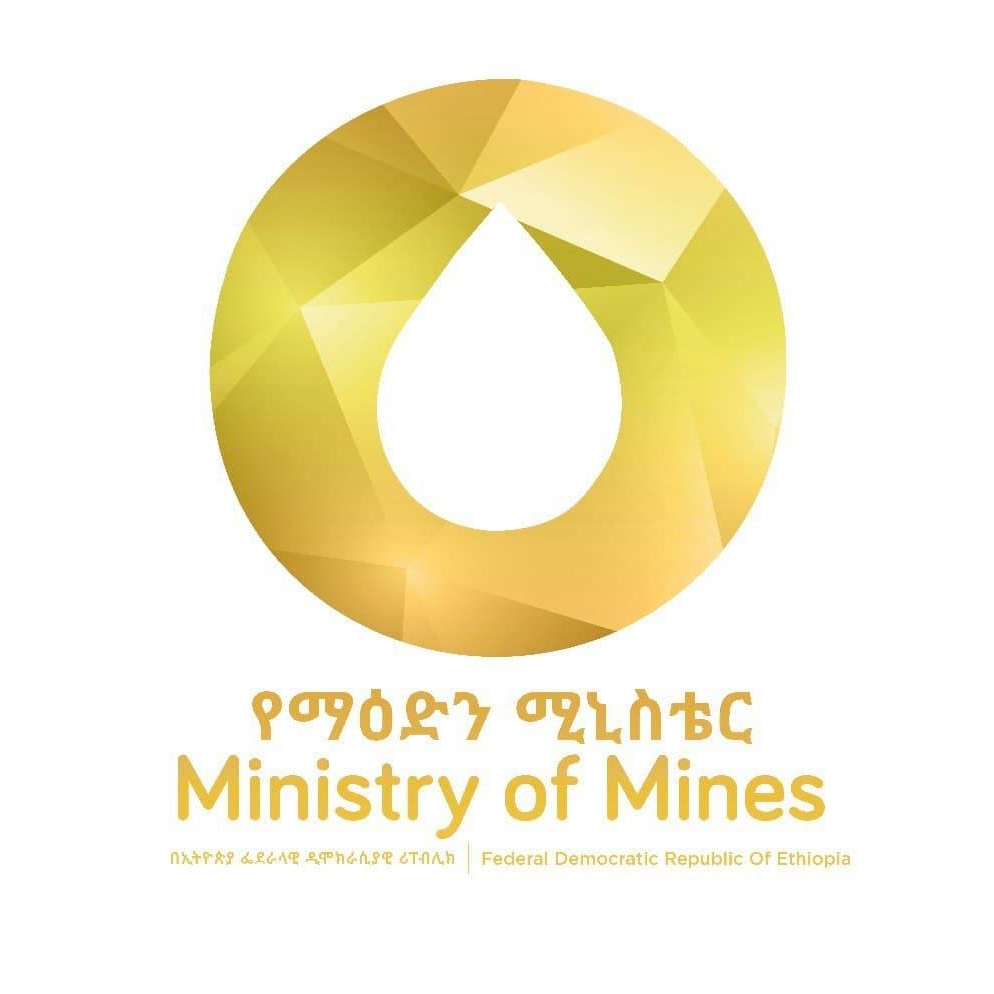Important Proclamations for Petroleum investors:
Ethiopia is currently in the process of updating its petroleum legislation to make it more investor friendly. A new Proclamation containing some notable improvements has been drafted and is working its way through the legislative process.
In the meantime, the most important pieces of legislation for those investing in petroleum, are summarized here. The proclamations are also included in full.
Petroleum Agreements
Any company wishing to undertake petroleum operations in Ethiopia of any kind (including exploration and reconnaissance) is required to enter into a formal Agreement with the MoMP’s presiding Minister.
Ethiopia’s laws governing petroleum activities make many of the terms of such Agreements entirely negotiable.
The Agreement between the company and the Minister will, among other things, determine the following:
- Royalties
- Safety requirements
- Environmental protection
- Accounting procedures
- Employment and training obligations
- Minimum working obligations, minimum expenditures and the periodic surrender of areas subject to the Agreement
- The rights and obligations of the company
- The extent of the Minister’s authority to inspect and control the operations
- What information needs to be reported to the Minister, and when
- How to assign or transfer of the company’s rights and obligation as set up under the Agreement
- How the Agreement might be revoked or terminated
- How disputes might be settled
- The extent of the state’s participation in the operations
- The sanctions for any failure to comply with the obligations set out in the Agreement
The Duration of Petroleum Agreements
The duration of a Petroleum Agreement is currently fixed by law, and depends on the kinds of activities it covers and whether it is issued exclusively or not.
- The Minister will only enter into any kind of non-exclusive Petroleum Agreement for a maximum period of 2 years. However, this can be renewed for a further 2 years.
- An (exclusive) Petroleum Exploration Agreement may initially be granted for a maximum of 4 years, and renewed twice more with each renewal lasting 2 years.
- A development and production agreement may be granted for up to 25 years initially, and may be renewed for a further 10 years.
- Some allowances are made for evaluating natural gases, in addition to the drilling, logging, testing or plugging of any well. Companies engaged in such activities might be allowed additional extensions.
Exemption from customs duties and levies
Under Ethiopian law, companies engaged in petroleum operations are entitled to export petroleum duty-free. They are also allowed to import any and all machinery and equipment they need for their operations, duty and tax free as well. This includes transportation equipment, such as aircraft, vessels, and vehicles as well as parts for that equipment (apart from sedan cars). Fuels, chemicals, lubricants, films, seismic tapes, house trailers, disassembled prefabricated structures and other materials the company needs to conduct its operations are also included. Equipment imported for these purposes can also be exported again duty free.
For more information please see the Ethiopian Petroleum Operations Proclamation (or any succeeding proclamations).
